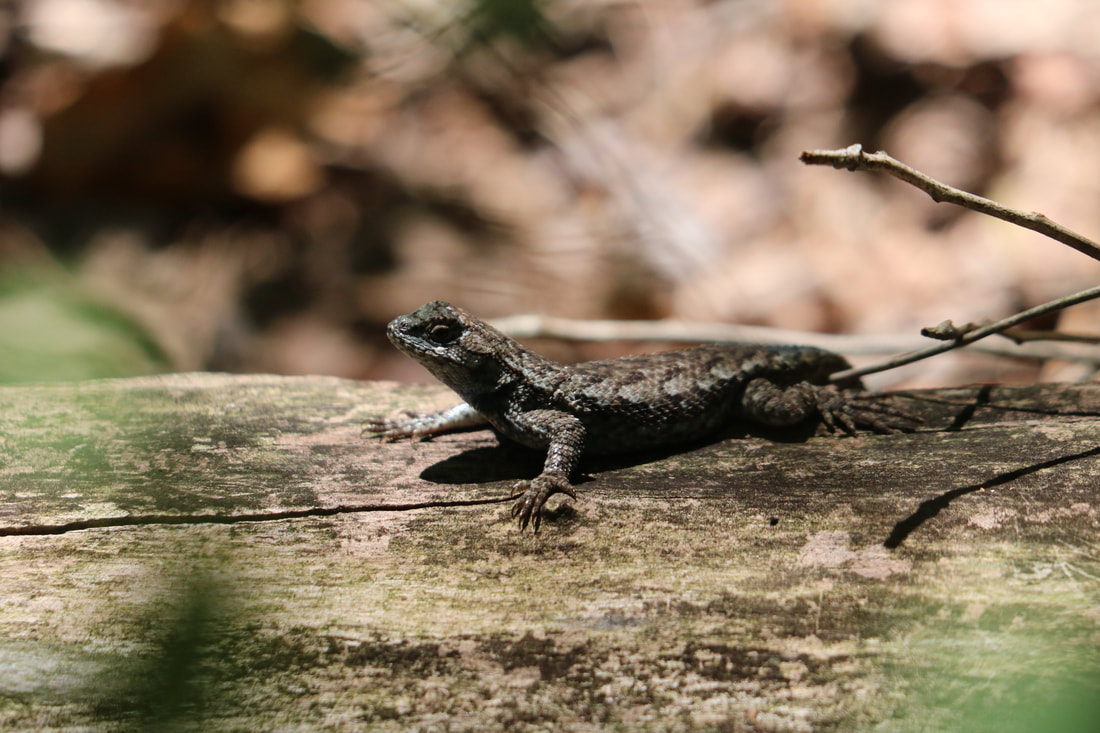- Reviewed by Ray Zimmerman - In The Weekly Avocet
Our national parks are blood. They are more than scenery, they are portals and thresholds of wonder, an open door that swings back and forth from our past to our future. “This something we call America lives not so much in political institutions as in its rocks and skies and seas,” wrote the photographer Paul Strand. – Introduction
Terry Tempest Williams wrote this volume celebrating the 100th anniversary of the National Park Service. The stories she tells grow out of twelve national parks from Acadia National Park in Maine to Alcatraz Island, a unit of the Golden Gate National Recreation Area; from Big Bend National Park on the banks of the Rio Grande to Gates of the Arctic National Park in Alaska.
At each park, she finds a feeling of renewed purpose and determines that they are indeed more than scenery. She says, “Whenever I go to a National Park, I meet the miraculous”. Her stories go to the heart of the conflict between preservation and profits, a conflict she well understands as a member of the Tempest family, owners of a major contracting firm and yet a family which enjoys time spent in wilderness areas.
As a reporter and environmentalist, she visited Gulf Islands National Seashore shortly after the Deepwater Horizon incident. As a member of the Tempest Family, she found it easy to talk to captains of the vessels hired to recover oil which they were not finding. She records their comments that the spill was “carpet bombed” from above and below with Corexit, a dispersal agent which caused the oil to sink out of sight, where it waits to come ashore under the right conditions. The devastation is perhaps best summed up by her conversation with convenience store owner Becky Duet:
I have a deeper and different feeling now. It’s hard to explain- the bayous, the boats, the people and all our lives. I always said, if you starved down here it was because you were lazy. Well, since April 20, 2010, we are starving. An act caused by humans changed our lives…I have not felt like a Cajun lately. When you see boats with oil booms instead of shrimp nets, crab cages on the banks, oyster boats with a port a let on them and bait shops empty, we have lost our freedom.
From oil field development at Theodore Roosevelt National Park to disputes over the causes and outcome of the Civil War at Gettysburg, many of the parks are shrouded in such controversy, yet they are indeed beacons of our heritage. Some of the parks discussed are little known, such as the Effigy Mounds National Monument in Iowa and the Caesar E. Chavez National Monument in California. Each has its own conflicts and history. The book is a must read in this era of conflict between preservation and development. ([email protected])

 RSS Feed
RSS Feed